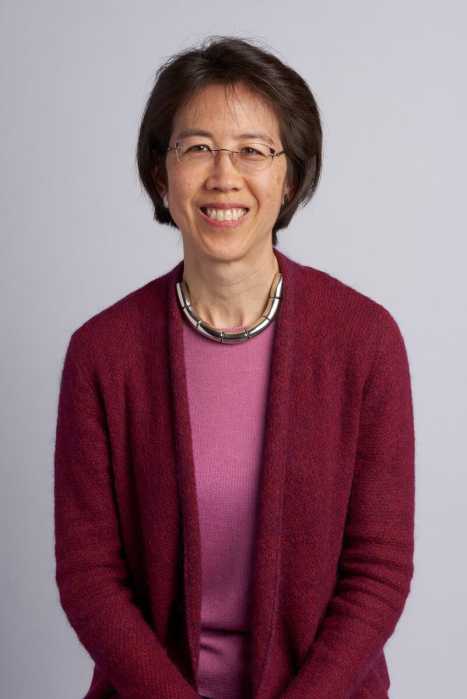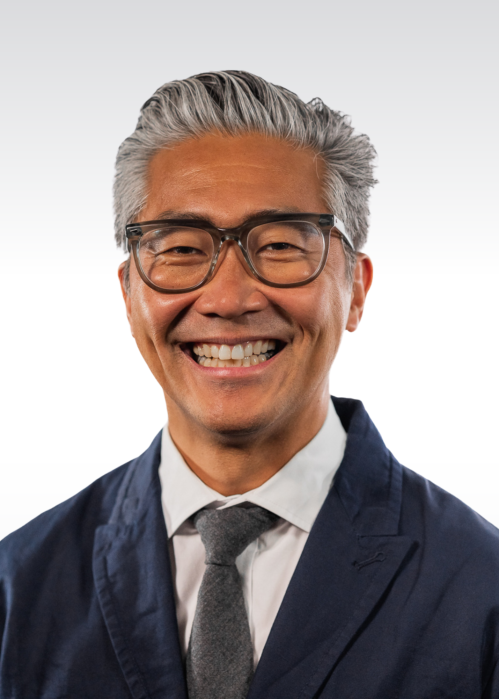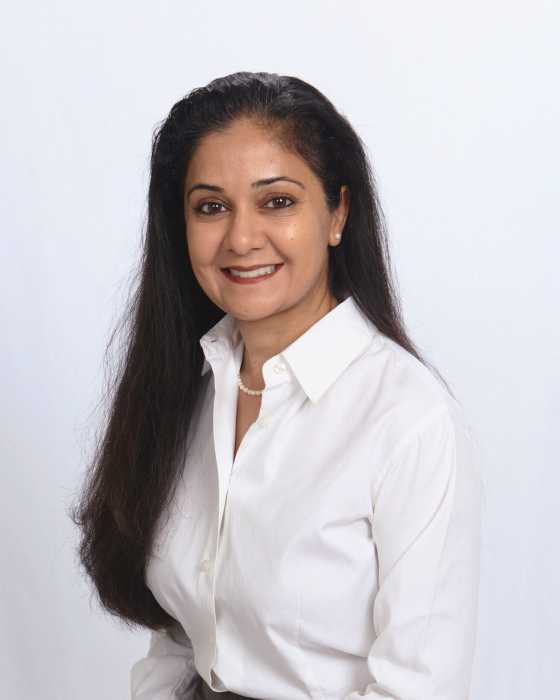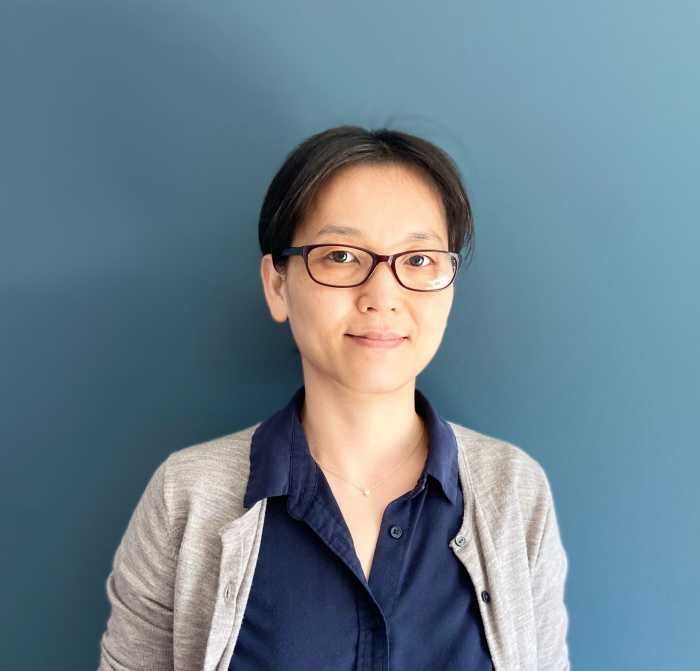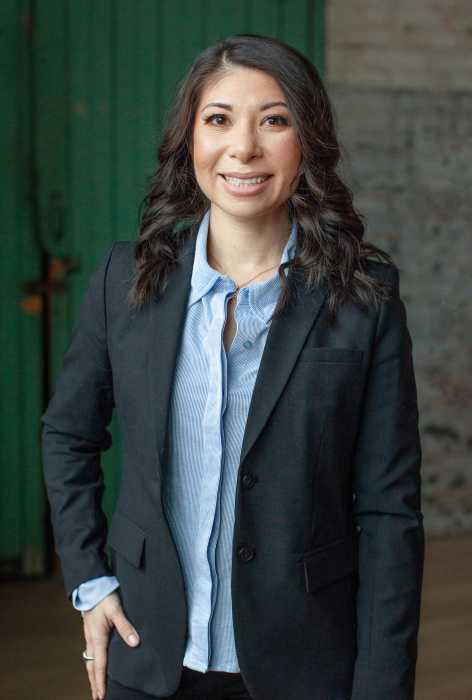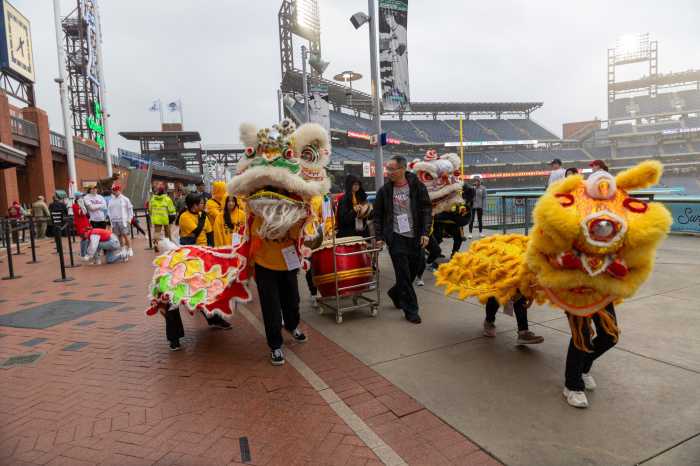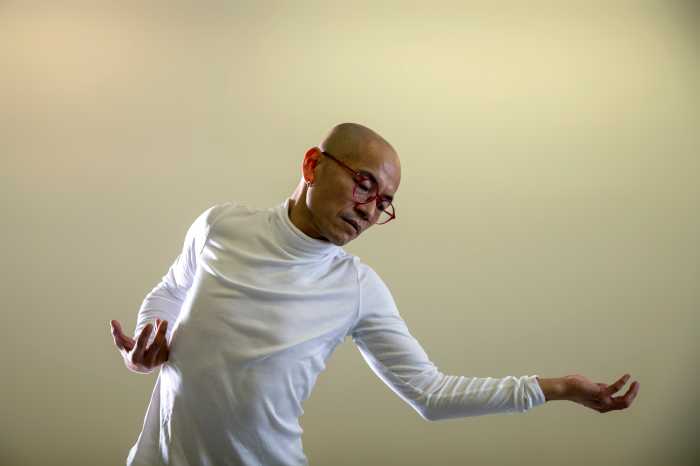Hiromi Kinoshita oversees the Chinese collections at the Philadelphia Museum of Art (PMA) and is interim head of Asian Art. Interested in making Chinese art more accessible, she reinstalled the Chinese permanent galleries and is engaged in a Chinese art initiative funded by the Robert H.N. Ho Foundation Global which explores ways to bridge cultures, connect audiences and inspire social change. Her present exhibition, “Mythical Creatures” considers diversity through traditional and contemporary artworks from China and the world.
If you could give your younger-self advice, what would it be?
Being self-conscious, I would encourage my younger self to speak up more and to not overthink things as most people are busy just thinking about themselves. Also, to err is human! It’s better to make mistakes early on, learn from them and keep improving.
Do you have any event/movie/music suggestions for our readers to check out in celebration of AAPI Heritage Month?
Yes! We have three exhibitions on in the Asian galleries showing how Asian artists have shaped the way we think about and see the world: “Mythical Creatures: China and the World,” “Collecting Japanese Art in Philadelphia” and “Mythical, Divine, Demonic: Animal Imagery in South Asian Art”. Check out our Friday night music offerings during May. www.philamuseum.org
How has your heritage shaped the person you are today?
Growing up mixed heritage had its pros and cons. Being in the minority presented certain challenges, but which taught valuable life lessons. It gives you a more balanced perspective and made me want to work harder. It also fueled my interest in wanting to work with arts and culture, to be able to build bridges and bring people together.
What can Philadelphia policymakers do to support the AAPI-community in the short-term? In the long-term?
We are always looking for opportunities to partner with community groups and government officials to bring new audiences into the museum. The PMA has started to do this with our Cultural and Heritage celebration months and would love to continue working with local policy makers to reach more communities across the city.



